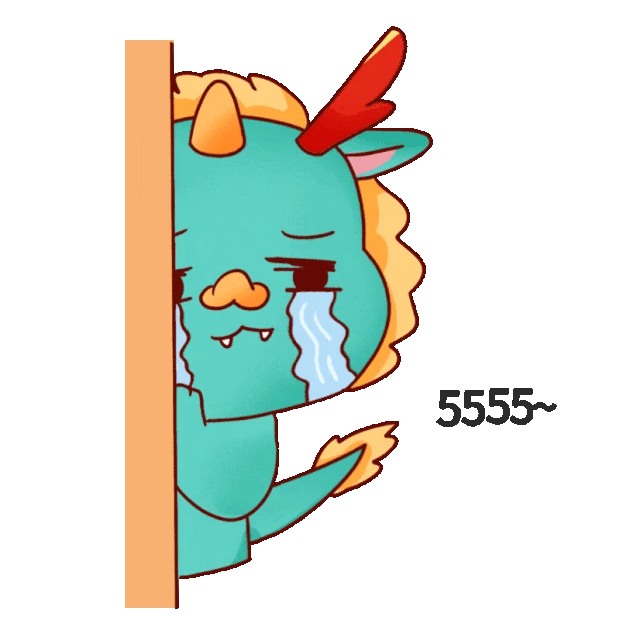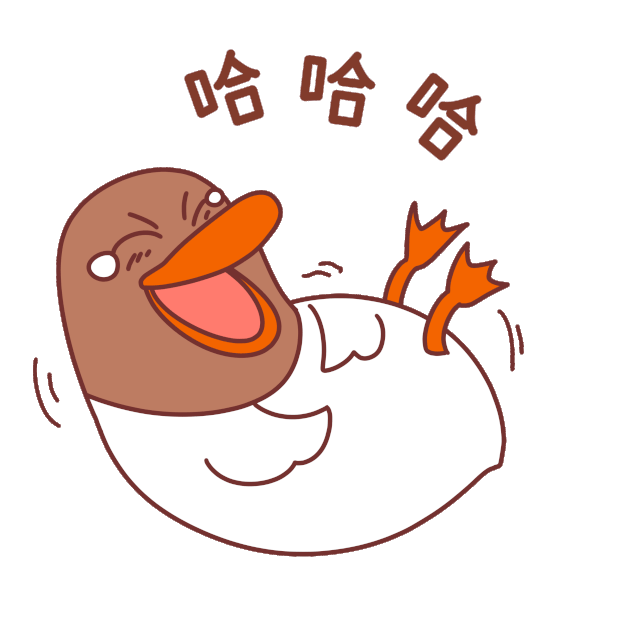Chinese slang for number
666
This one’s all about hype. The number "6" in Chinese sounds like the word for "smooth" (溜, liū) or "awesome" (牛, niú). When someone does something amazing—like pulling off a crazy move in a game or nailing a joke—people spam "666" to show they’re impressed. It’s like saying, "You’re killing it!" or "That’s fire!"
555
This is the sound of crying in Chinese. The number "5" sounds like "wu" (呜), which is the onomatopoeia for sobbing. So, when someone says "555," they’re basically typing out crying noises, like "waaaah" or "boo hoo." It’s used when someone’s feeling sad, frustrated, or even fake-crying for comedic effect.
2333
This one started on a Chinese video site called AcFun, where the emoji with the ID "233" was a laughing face. Over time, people started using "233" to mean "LOL," and adding more "3s" (like "23333") made it funnier or more exaggerated. It’s basically the Chinese version of spamming "hahaha" or "LMAO" when something’s hilarious.
520
This is a romantic one! In Chinese, the numbers 5-2-0 sound like "wǒ ài nǐ" (我爱你), which means "I love you." It’s a cute and indirect way to say "I love you," especially in texts or online chats. People also use it on May 20th (5/20), which has become an unofficial "love day" in China, kind of like a second Valentine’s Day.
1314
This one’s all about romance and commitment. The numbers 1-3-1-4 sound like "一生一世" (yī shēng yī shì), which means "a lifetime" or "forever." It’s often used in lovey-dovey contexts, like couples saying they’ll be together forever. It’s also commonly paired with "520" (I love you) to say "5201314" (我爱你一生一世, "I love you forever").
88
This one’s simple and fun. The number "8" in Chinese sounds like "ba" (吧), which is part of the word "拜拜" (bái bái), meaning "bye-bye." So, "88" is just a quick way to say goodbye in chats or texts. It’s casual and friendly, like saying "TTYL" (talk to you later) in English.
213
This one’s a bit cheeky. The numbers 2-1-3 sound like "èr bī" (二逼) in Chinese, which is a slang term for someone who’s acting stupid or clueless. It’s not super harsh, but it’s definitely playful and teasing. Use it with friends when they do something silly.
4242
This one’s all about agreement. The numbers 4-2-4-2 sound like "是的是的" (shì de shì de), which means "yes, yes" or "that’s right." It’s a quick way to show you agree with someone or confirm what they’re saying. It’s super casual and often used in chats or comments.
995
This one’s a cry for help. The numbers 9-9-5 sound like "救救我" (jiù jiù wǒ), which means "save me" or "help me." It’s often used humorously when someone’s in a tough spot or overwhelmed, like when they’re drowning in work or stuck in a tricky situation.
996
This one’s a bit darker. It refers to a work schedule of 9 AM to 9 PM, 6 days a week—common in some Chinese companies, especially in tech. It’s become a symbol of burnout and unfair working conditions. People use "996" to complain about being overworked or to criticize toxic work culture.
3Q
This one’s a mix of English and Chinese. The number "3" sounds like "thank" in Chinese (sān), and "Q" sounds like "you" (like the letter "Q" in English). So, "3Q" is a playful way to say "thank you." It’s casual and often used in texts or online chats.
2B
This one’s a bit cheeky and direct. The number "2" sounds like "èr" (二) in Chinese, and "b" stands for "bī" (逼), which is a slang term for someone who’s acting dumb or clueless. Together, "2b" means "idiot" or "stupid." It’s often used playfully among friends but can be rude if used in the wrong context.
748
This one’s a bit harsh. The numbers 7-4-8 sound like "qù sǐ ba" (去死吧), which means "go die." It’s often used to express anger or frustration, usually in a joking way among friends. Be careful with this one—it can come across as rude if used in the wrong context.
484
This one’s all about confirmation. The numbers 4-8-4 sound like "shì bù shì" (是不是), which means "is it?" or "are you sure?" It’s a quick way to double-check something or express doubt. It’s super casual and often used in chats or comments.
250
This one’s a classic insult. The number 250 refers to "èr bǎi wǔ" (二百五), which is a slang term for someone who’s acting stupid or clueless. It’s not super harsh, but it’s definitely playful and teasing. Use it with friends when they do something silly.
56
This one’s all about boredom. The numbers 5-6 sound like "wú liáo" (无聊), which means "boring" or "lame." It’s a quick way to express that something is uninteresting or not worth your time. It’s super casual and often used in chats or comments.
530
This one’s a bit romantic. The numbers 5-3-0 sound like "wǒ xiǎng nǐ" (我想你), which means "I miss you." It’s a cute and indirect way to say "I miss you," especially in texts or online chats. People also use it to express longing or思念.
94
This one’s all about confirmation. The numbers 9-4 sound like "jiù shì" (就是), which means "exactly" or "that’s right." It’s a quick way to show you agree with someone or confirm what they’re saying. It’s super casual and often used in chats or comments.
007
This one’s a bit mysterious. The numbers 0-0-7 refer to the famous spy James Bond, who is known as "007." It’s often used to describe someone who’s super cool, mysterious, or skilled. It’s a playful way to compliment someone’s abilities or style.
14
In Chinese slang, "14" (一四) is often used as a homophone for "意思" (meaning), typically appearing in online or gaming contexts to ask "What do you mean?" For example: - "你14什么?" means "What do you mean?" It can also represent "要死" (literally "to die"), expressing exaggeration like "I'm done for" or "This is killing me." Note: Avoid confusion with the unrelated English gang term "14." Context is key.
38
This one’s a bit cheeky. The number 38 refers to "sān bā" (三八), which is a slang term for someone who’s gossipy or nosy. It’s often used to describe someone who’s always poking their nose into other people’s business. It’s not super harsh, but it’s definitely playful and teasing.



















